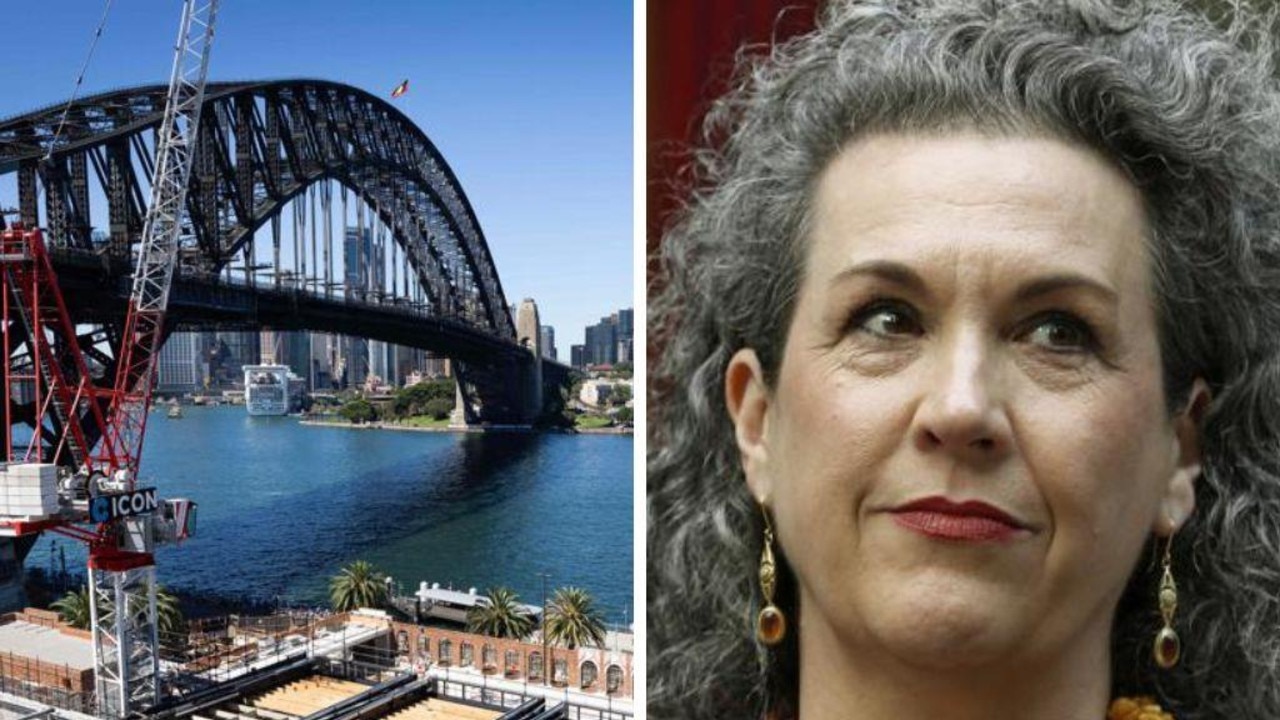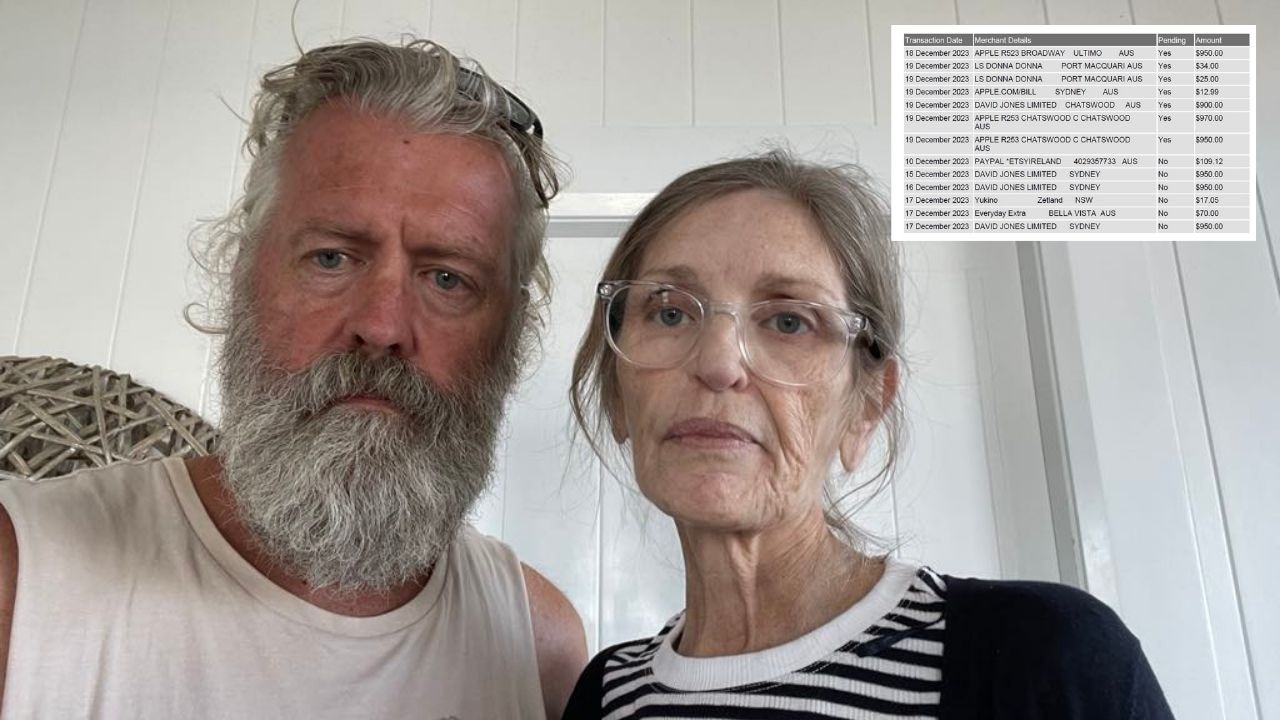Banks issue warning to scammers
The Australian Banking Association said the county can aspire to be one of the most scam-free countries in the world.
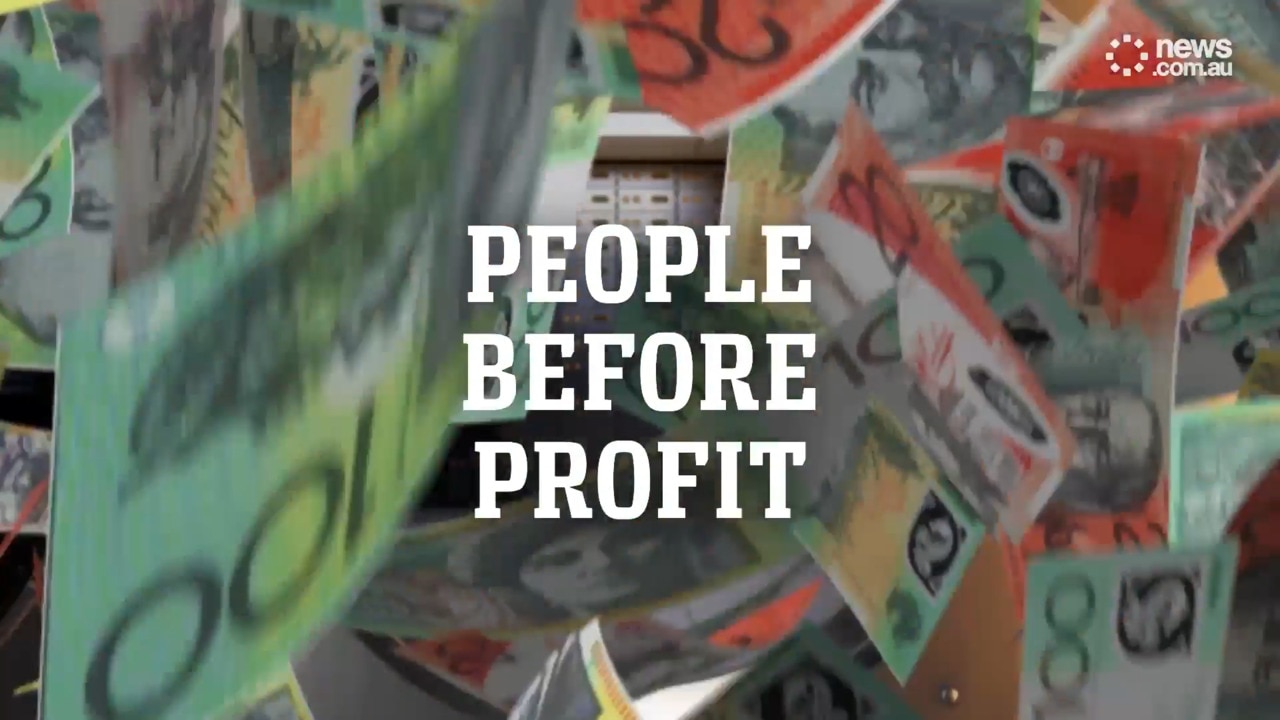
Costs
Don't miss out on the headlines from Costs. Followed categories will be added to My News.
Australian Banking Association boss Anna Bligh has launched a blistering attack on Meta for its failure to stop scams in a crisis that is costing Australians billions a year
She has called for a “whole ecosystem” approach for telcos, banks and social media giants to tackle scams.
“Banks can’t fix telecommunication systems, social media platforms can’t fix telecommunication systems, telcos can’t fix bank accounts but together we’ve all got the power to really tighten the net,” Ms Bligh told news.com.au.
“We should be able to aspire to be one of the most scam free countries in the world. And I don’t think that’s impossible and I think we’re well on the way.”
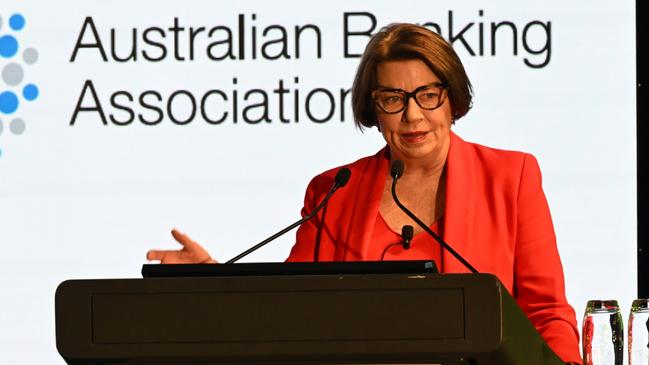
Ms Bligh has taken issue with social media posts on Facebook advertising bank accounts to be “rented for a criminal purpose”, and argues mule accounts are posted on social media but “banks can’t take that down, only the media platforms can”.
“Social media giants are some of the biggest companies on earth. Why would we as Australians let them off the hook? If banks are the only ones liable for scams there will be a million more of these sorts of ads luring people in tricking them and taking their life savings,” she said.
She also said telcos are part of preventing scams.
“I don’t think banks can reasonably be held liable for everything that happens on our telephones because they could spend billions of dollars but it won’t stop impersonations coming onto your thread,” she said.
Ms Bligh is opposed to banks refunding scam victims in the first instance, like legislation introduced in the UK in October last year, and then working with social media giants and telcos to apportion liability for the scam.
She questioned why Australia’s “smallest” banks should be put in that position, and said banks are already investing in preventing scams.
“Why should Bendigo Bank or Bank of Queensland have to go and chase money or pay money for matter and then have to go and chase them? Like that just makes no sense to me,” she said.
“The biggest investment is going into protecting people. Billions of scams are prevented every single year and we don’t see that – they’re invisible — but thank god for them because you know there are billions of transactions banks are able to prevent whether it’s hacking or scamming and they can only do that by massive investments in technology”.
Ms Bligh claimed the UK’s system, where it has become mandatory for banks to pay back scam victims, only focuses on the “end” when it’s too late.
“There’s a good reason why there’s no other country on earth that is copying the UK and that’s because no other country thinks it’s working,” she said.
“They all think we should be doing more to stop it. That means putting obligations on those companies that can stop it and that’s banks, telco and social media giants.”
The UK system was voluntary to compensate scam victims for a number of years before becoming mandatory in October. Scam losses dropped by five per cent in the UK in one year under the scheme.
The Australian government claims it’s on track to tackle the billion-dollar issue with its Scam Prevention Framework where banks, social media giants and telcos face fines of up to $50 million if they do not take reasonable steps to prevent, detect, disrupt and respond to scams.
Ms Bligh said “compensation will go up with this new framework that customers will get more money back” when they have been scammed.
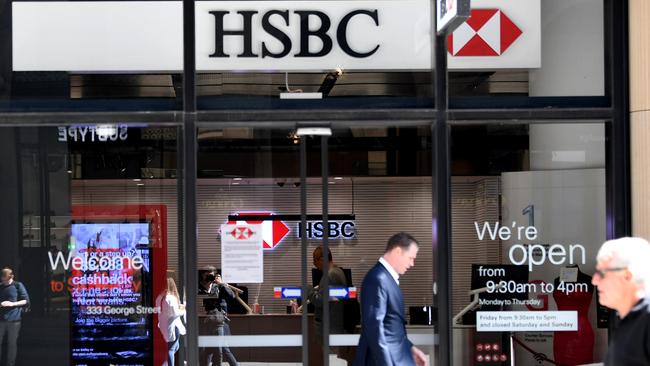
“I don’t think that anybody in the banking system is thinking that compensation is about to go down as a result of this. What it does is give AFCA clear powers and certainty about the circumstances in which they can award compensation and I would expect that we’re going to see more of it,” she said.
But scam victims, leading consumer groups and politicians have criticised the proposed legislation, arguing it does not go far enough to protect the Australian public.
Eight Australian consumer groups including Choice, the Consumer Law Action Centre and Financial Counselling Australia have called out the lack of explicit compensation for scam victims within the framework as deeply concerning.
The consumer groups argue no obligations to compensate victims will create a “burdensome regime that fails to ensure fair outcomes for scam victims” and fails to “drive industry investment in preventing scams”.
Consumer Action Law Centre’s CEO Stephanie Tonkin said Australians – not banks – are bearing 96 per cent of the cost of scams.
Ms Bligh claimed that when customers have been scammed there are “many people” who are reimbursed.
But Australian Securities and Investments Commission (ASIC) reports have shown that the reimbursement or compensation rate varied but was “low across the individual banks”, ranging from just two to five per cent.
In a bombshell filing last year ASIC announced it was suing HSBC over a scam that cost customers $23 million, alleging it failed to protect 950 Australians from a long-running “spoofing” scam.
This is where scammers employ software to disguise their phone number so that text messages appeared in the same text chain as legitimate bank messages.
The corporate regulator revealed that some HSBC customers lost more than $90,000 each with scam reports soaring in the period between October 2023 and March 2024.
ASIC Deputy Chair Sarah Court alleged in December last year the bank’s failings were “widespread and systemic”.
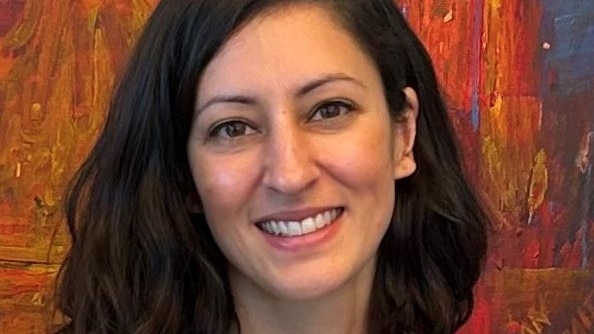
Ms Bligh said AFCA’s decision ruled that there were some steps that they believed HSBC should have taken and that was “not necessarily the case for other banks”.
“But if banks have done the wrong thing they should accept responsibility for that,” she said.
HSBC said it continued to make significant investments in its fraud and scam prevention, detection, and response, with specific efforts on preventing impersonation scams and ‘spoofing’ of phone numbers.
Ms Tonkin accused the three sectors that are being called on to tackle scams as part of proposed government legislation as “attempting to shift responsibility” on the issue.
“It’s really disappointing to see businesses like Meta, and also the telcos, and banks all pointing the finger of blame at other sectors, attempting to shift responsibility for solving this scams crisis to others, and in particular, to the victims who have already suffered enough,” she said.
Ms Bligh denied the claim and said it was “unfortunate that there has been an increasing loss of goodwill across some of the sectors” but banks are willing to take responsibility for the things they get wrong and they are asking that everyone else does the same.
Ms Tonkin agreed that Australia does have the opportunity to be world leading by taking a whole ecosystem approach “but this shouldn’t be to the detriment of scam victims who don’t have access to the scams intelligence needed to protect ourselves from scams,” she said.
“It’s quite extraordinary in this context that a consumer should have to fight and prove their case for compensation against deep-pocketed corporations,” she said.
Ms Tonkin said prevention measures are key to disrupting scams in Australia but banks, telcos and digital platforms have dragged their feet and not invested close to what’s needed to secure their systems.
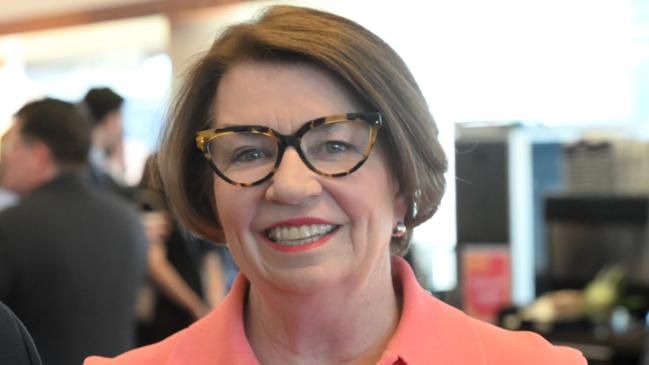
Ms Tonkin also questioned if Australia’s seventh largest bank – Bendigo Bank – can’t stand up to Meta, what hope does a scam victim who has lost everything and has limited information to prove their case.
“This is precisely why there must be a presumption of compensation that is paid via a compensation pool or primary entity,” she said.
She said other countries like the Singapore and Malta systems are far closer to the UK model than Australia, particularly from the consumer perspective.
“New Zealand is also set to introduce a reimbursement model like the UK- and the threat of the reimbursement regime drove NZ banks to develop and implement confirmation of payee technology in far less time than Australia,” she said.
Confirmation of payee technology is due to be introduced by Australian banks by the end of the year.
Ms Bligh’s said she understood the “frustrations” at how long it was taking to come online but said it required a “whole system build” and testing to ensure it works across the whole banking system.
Originally published as Banks issue warning to scammers



